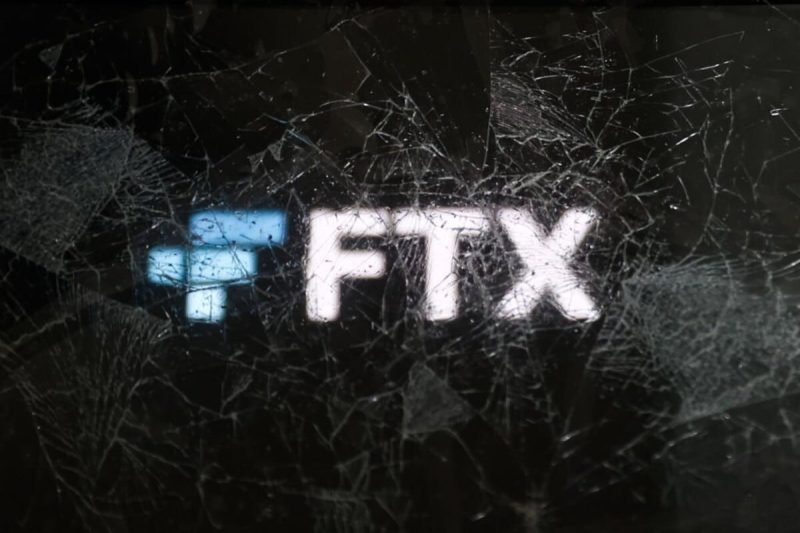Analyst: FTX Legal Battle Set to Extend Over Years in $8 Billion Creditor Fight

Source: Getty Images
Now-defunct cryptocurrency exchange FTX is embroiled in a legal battle that could extend over several years as creditors seek to recover over $8 billion.
The case, filed in November, involves multiple parties fighting over the remaining assets, making it more complex and time-consuming than other crypto bankruptcies, according to Alan R. Rosenberg, a partner at Markowitz Ringel Trusty & Hartog.
Rosenberg said he believes the FTX case will drag on for an extended period due to the litigation of various clawback claims.
These claims aim to recover funds that FTX paid out in the period leading up to its insolvency.
Given the significance of these transfers and the involvement of large organizations capable of defending themselves, the case could be protracted.
While these types of claims are typically resolved through settlements outside of court, negotiating such settlements can be time-consuming.
In addition to fighting against clawback claims, FTX faces a substantial $24 billion claim from the Internal Revenue Service (IRS) for unpaid taxes.
This further complicates the bankruptcy proceedings.
FTX has already settled mutual adversary complaints with Genesis, a crypto firm also undergoing bankruptcy proceedings.
However, unresolved complaints against FTX and Alameda Research, an FTX-affiliated trading firm, include a $1 billion lawsuit against crypto exchange ByBit.
FTX is also attempting to recover $71 million from its philanthropic arm and seeking reimbursements from multiple celebrities for promotional activities.
Furthermore, the bankruptcy estate has identified potentially fraudulent transactions, leading to FTX suing its former CEO, Sam Bankman-Fried, and other former executives, as well as Bankman-Fried’s parents.
More lawsuits related to FTX’s investments and political donations may arise in the future.
One Major Issue in the FTX Legal Battle is Determining the Value of Assets
One of the key issues in this type of litigation is determining the value of cryptocurrencies over time.
There is a lack of definitive case law on valuing cryptocurrencies in avoidance action litigation.
A potential precedent is the 2014 bankruptcy case of crypto firm HashFast, which dealt with similar cryptocurrency avoidance issues.
Another challenging aspect of crypto bankruptcies is deciding how creditors should be paid, whether in cryptocurrencies or fiat money.
Currently, there are no official rules governing this matter.
However, given the increasing number of crypto bankruptcies and the mainstream adoption of cryptocurrencies, legal experts like Rosenberg hope that new rules will be established to address these complexities.
As reported, US prosecutors have decided not to pursue the remaining charges against Sam Bankman-Fried, including allegations of foreign bribery and bank fraud.
However, the dropped charge of unlawful political donations that has sparked significant concern within the crypto community, given Bankman-Fried’s well-documented contributions to politicians from both major parties.
Prosecutors had claimed that Bankman-Fried used customer funds to the tune of $100 million for political donations.
Expressing his discontent, Coinbase’s Chief Legal Officer, Paul Grewal, took to X to denounce the decision as a “miscarriage of justice.”
Line prosecutors and supervisors have far more information on a case than anyone on the outside ever will. So I’m always reluctant to second guess an agency filled with good people trying to do the right thing.
— paulgrewal.eth (@iampaulgrewal) December 30, 2023
The post Analyst: FTX Legal Battle Set to Extend Over Years in $8 Billion Creditor Fight appeared first on Cryptonews.



